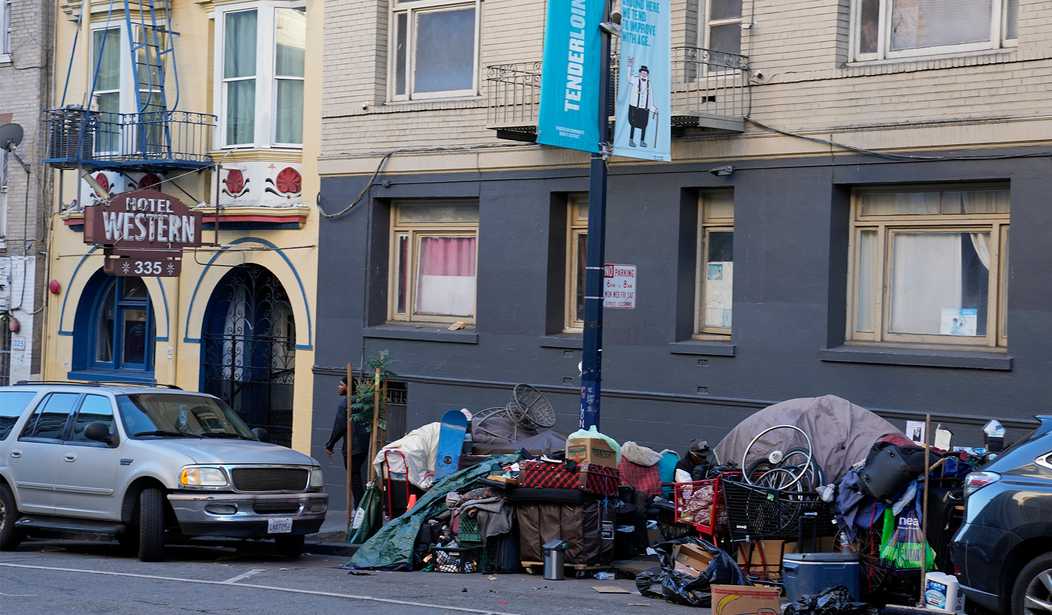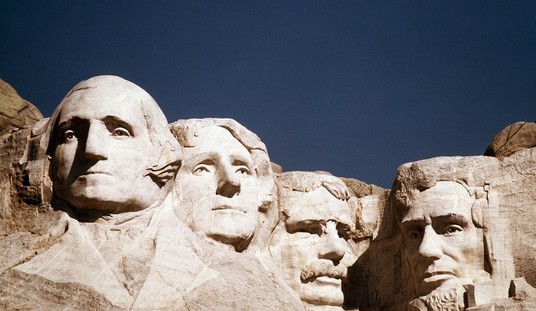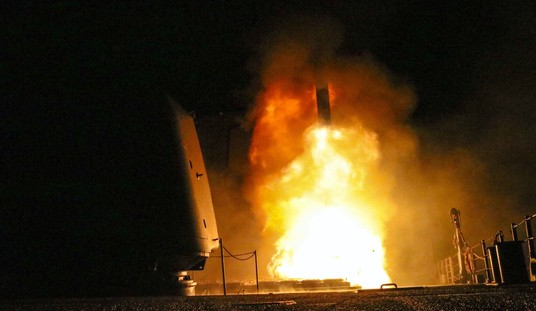It's easy, living out here in the Alaska woods, to feel a little disconnected from American urban life. That's probably because we really are disconnected from American urban life, and most of us out here prefer it that way. Because of that, I may seem an odd one to be writing about the state of America's urban areas. If you've been reading my work, you know I had a mostly rural youth, and while I lived and worked in urban areas for many years, now I'm back where I belong, in a house out in the woods. We have our issues out here in the boonies as well; every place does. But all in all, most of us stick together, look out for one another, and get by pretty well.
So why am I concerned about America's cities? Simple. Throughout America's history, the cities have been vital parts of the American culture, the American way of life, and of American prosperity. For many years, America's great cities were the world's great cities: San Francisco, Chicago, and New York, just to name a few. But these cities are now falling apart; under decades of Democrat rule, under decades of incompetent leadership, they have fallen far and fast, to the point where they may be beyond the point of no return.
A recent editorial over at Issues & Insights expresses some hope that one or more charismatic, dedicated, influential figures might, in the manner of Charlie Kirk's tireless activism and messages of hope, be able to turn things around by persuading urban voters that there's a better way. I'm not so sure, but let's look at their proposal.
But (Charlie Kirk's) real contribution was challenging students to cast off the conditioning that has been imposed on them by the smug, radical professors and administrators who have taken over the academy. Young people needed to hear what he had to say, and to hear the way he said it, and they responded in numbers and in ways few of us could have imagined.
Urban dwellers need to hear a similar message. Someone inspired by Charlie, someone of comparable intellectual nimbleness, affability and decency, ought to set up events in New York City’s Central Park, Los Angeles’ McArthur Park, Chicago’s Grant Park and other big city venues and have a conversation with the voters who keep putting Democrats in office – the political animals who are looking at the next election for the next highest office; who secure government contracts for a company owned by their brother-in-law who will kick back cash to elected officials; who care about political power and fame more than the health of their cities.
This much is certain. Urban dwellers, yes, need to hear a new message, or at least, a message that's new to them. But it's unclear that they can easily take that message physically to where it needs to go most: Into the most blighted areas of our major cities.
Charlie Kirk did great work. He did most of his messaging on college campuses, however. Young people were his target audience, and he did a great job of connecting with them, being one of them himself. But there's a big difference between a college campus, even one populated by a large proportion of leftist nitwits, and setting up a similar operation in, say, some of the worst areas of Los Angeles, Chicago, or Baltimore.
Such an operation would require a security presence to the level where it seemed more like an invasion by paramilitary forces rather than a hopeful message of a better way to govern.
But here's the question: How can this be done? As I've been saying and writing for some time now, it may simply be too late. Maybe the only way out is through. As Issues & Insights points out:
America’s great cities have been turned into death traps and decaying husks by Democratic administrations. They’ve been surrendered to vandals and looters, abandoned to lawless forces.
The mayor of Los Angeles is a Castro-loving communist and former “community organizer” who seems to care little about the well-being of the city she’s supposed to be nurturing.
Chicago’s mayor is a soft-on-crime, pro-illegal immigrant, teachers union hack who has mismanaged the city in nearly unprecedented ways.
The likely next mayor of New York City is a performative politician, a theater kid whose brand of Democratic politics closely resembles Marxism.
In the novel "Atlas Shrugged," a driven, charismatic figure of another sort, John Galt, convinces the great minds of America to quit. To withdraw their minds, their enterprise, their talents, and skills from the world. It was, as he put it, "the mind on strike" (Rand's original title for the book was "The Strike"), and at the end of the story, the main characters are flying over New York City in a small airplane when the lights of the city go out, and only darkness is visible. One of the characters says, "...that's it. It's over." Galt replies: "No. It's beginning."
The book describes an act of creative destruction on a national scale, in which the heroes of the piece let the cities - the country - fail, only to step in and rebuild it.
Is that our way out of this mess? To let the voters, as Mencken put it, get the government they want, good and hard?
Read More: Weaponizing Tragedy: Beijing Is Exploiting Charlie Kirk’s Assassination Online
To arrest and reverse the decline of our major cities, we do need to change the voters' minds. Some way has to be found, in effect, to run against Santa Claus, to convince urban voters that endless promises of free stuff at the expense of others - usually the nebulously-defined "rich" - isn't the best way to run a railroad. They need to sell instead a message of opportunity, of enterprise; not that the individual voter should envy the prosperous, but that they should seek to join them.
But how? Ay, there's the rub. I don't think one charismatic figure can do it. Our major cities are too far down that dark road. Much as we can admire Charlie Kirk's drive, his passion, his dedication, much as we acknowledge that his model was great for the venues in which he operated, it won't work in the decaying urban environs of many of our major cities.
Not long after Charlie was assassinated, I opined that, while he cannot be replaced, Charlie Kirk must be succeeded. But as far as taking the message into the worst parts of our blighted cities, to the places where it's more badly needed, another model will have to be found.














